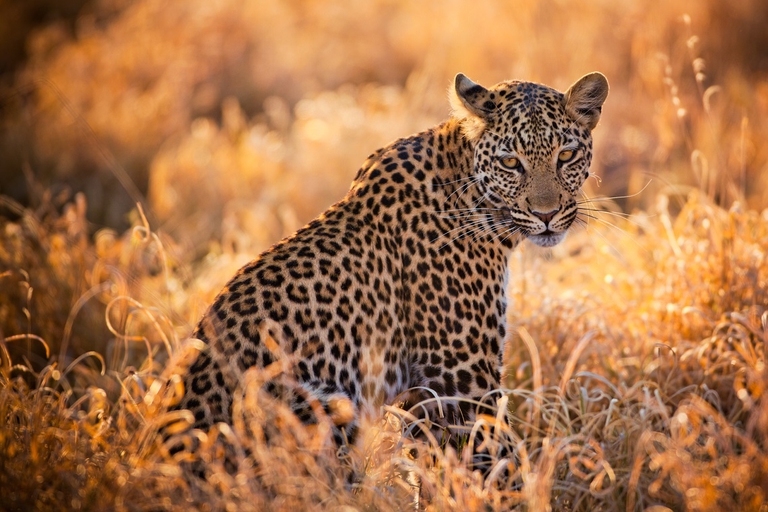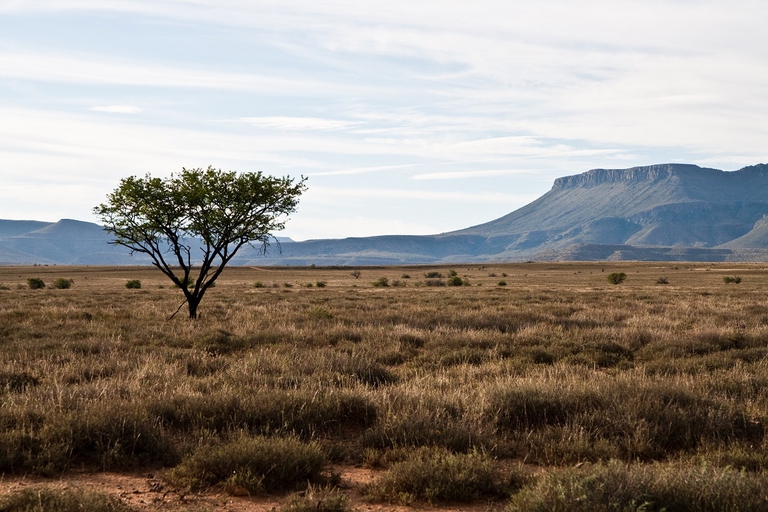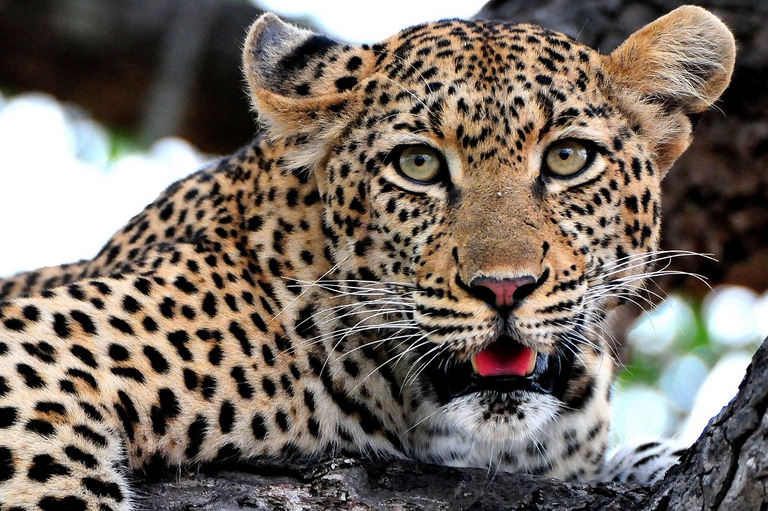
Our species took its first steps in a world covered in trees. Today, forests offer us sustenance, shelter, and clean the air that we breathe.
Dopo decenni di uccisioni lo stato africano, per motivi scientifici, ha vietato la caccia al leopardo per tutto il 2016.
Cecil the lion maybe didn’t die in vain. After 8 months from the killing of the most famous lion of Hwange National Park, Zimbabwe, by US dentist Walter Palmer, South Africa issued a ban on leopard (Panthera pardus) hunt for 2016, also thanks to the global uproar in the wake of its death.
“Provincial conservation authorities were informed that leopard hunts should not be authorised in 2016,” the department of environmental affairs said. Leopards are part of the so called Big Five game animals, the five largest creatures of the Savannah, along with elephants, lions, rhinoceroses, and buffalos. The term was coined in the sphere of safaris and refers to the five most desired hunt trophies.
This year, for the first time after decades, Western wealthy hunters won’t kill a leopard. The South African National Biodiversity Institute urged the stop of leopard hunt given that the size of the country’s leopard population in the wild is unknown.
“There is uncertainty about the numbers and this is not a permanent ban, but we need more information to guide quotas,” said John Donaldson, the Institute’s director of research. Despite its large dimensions, leopard is an elusive, mysterious and mostly nocturnal animal, making it difficult to monitor its population.
Hunting is highly profitable in South Africa, generating a turnover of 410 million dollars a year. The ban has been thus hailed with disapproval by the Professional Hunters’ Association of South Africa (PHASA). The African country grants up to 150 licenses for leopard hunting. Once the animal is killed, it is cut and skinned, in order to obtain trophies destined to be exported.
However, at least for this year, leopards won’t need to worry about rich Americans or Europeans who fly over the ocean and spend 20,000 dollars just to shoot and kill, in an uneven game, one of the most beautiful animals Mother Nature has ever shaped.
Siamo anche su WhatsApp. Segui il canale ufficiale LifeGate per restare aggiornata, aggiornato sulle ultime notizie e sulle nostre attività.
![]()
Quest'opera è distribuita con Licenza Creative Commons Attribuzione - Non commerciale - Non opere derivate 4.0 Internazionale.
Our species took its first steps in a world covered in trees. Today, forests offer us sustenance, shelter, and clean the air that we breathe.
Poachers in Africa are encroaching on wildlife land and killing rhinos in travel hot spots now devoid of visitors due to the coronavirus pandemic.
Actor and environmental activist Leonardo DiCaprio has contributed two million dollars to a fund to protect Virunga National Park in Congo from threats such as terrorism, the coronavirus and poaching.
For the first time in seventeen years, Iceland’s two main whaling companies won’t resume whale hunting. The announcement concerns this year’s season but could carry into the future.
The relationship between the coronavirus and wildlife is complex: while the pandemic may lead to a reduction in the illegal trade in wild animals, it may also encourage it in other respects.
The largest coral reef in the world is severely threatened by climate change, but researchers are developing strategies that could contribute to saving the Great Barrier Reef.
NGO Free the Bears has opened a mountain sanctuary for moon bears in Laos. With the government’s help, it aims to close all bile farms by 2022.
Seychelles have extended its marine protected area, which now covers over 400,000 square kilometres, an area larger than Germany.
The tapir was reintroduced into Brazil’s Atlantic Forest, the country’s most at-risk ecosystem. The species can play a key role in the forest’s recovery.










